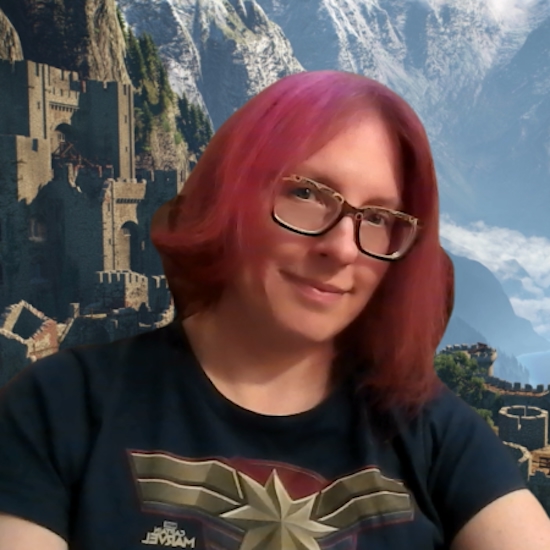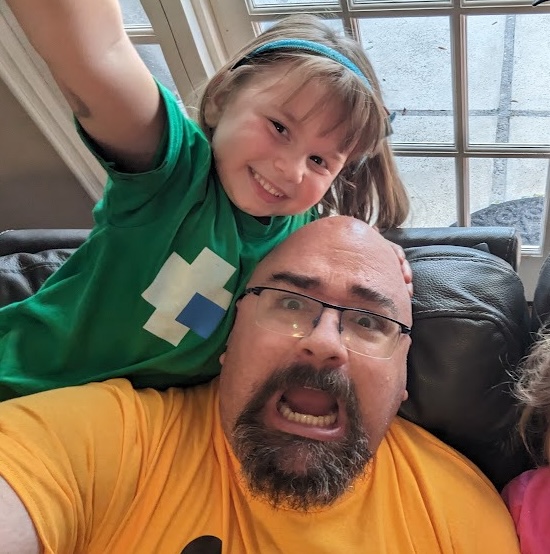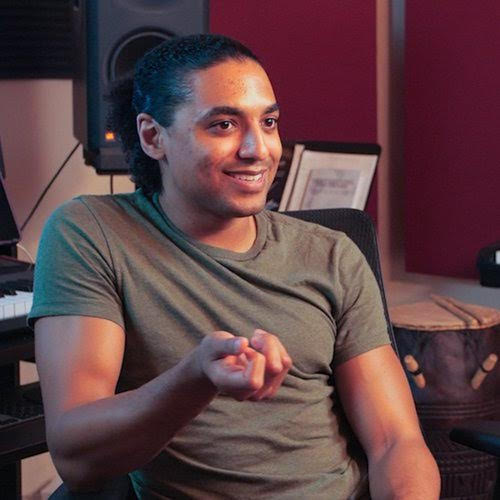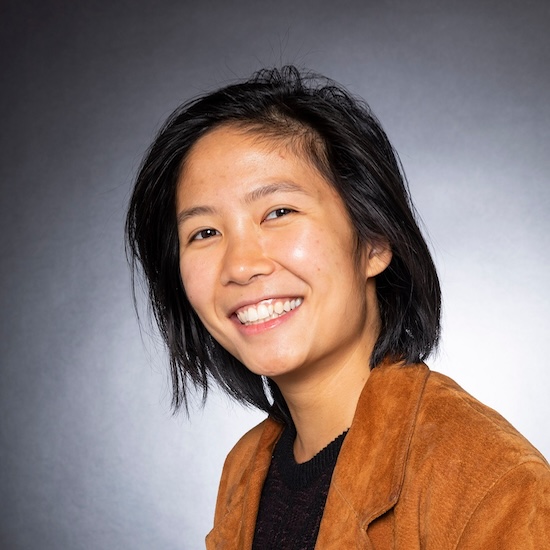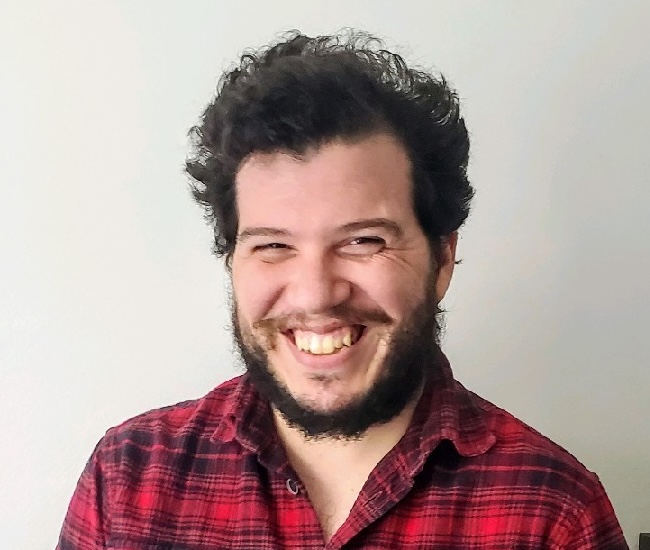Rules & Regulations

Between 30 and 50 teams will submit a YouTube video promoting their game this year. Consider your promotional video as a "movie trailer" or "marketing pitch". Your video will be individually reviewed by a group of industry and academic personnel. They will rank each submission based on their perceptions of the game play experience of the product as demonstrated by the video. They will also look for potential issues such as the use of content without permission.
Only the ten highest-ranking submissions will be accepted for the final round of the competition. Your video needs to be engaging. It needs to clearly explain the strengths of the design and why it will appeal to your target audience. It needs to sell us on the concept and make us want to play.
It is expected that teams will modify their games after submitting the promotional video, but only one version may be submitted. Judges at the live event will not see the promotional videos. They will make their final judgments based on gameplay videos viewed during the event.
On the day of the event, teams will have five minutes to present their games via live stream or in person, at which time they will be required to demonstrate actual gameplay. Recorded gameplay is not sufficient. Judges will then ask questions of the teams. Teams will have five minutes to answer questions.
Each team is required to download and fill out the Submission Form located here: GameSIGShowcase2025SubmissionForm.docx and email a PDF version of the file to our game submission email address gamesigshowcase@gmail.com.
This short document should include the following elements and must not use a font smaller than 9 point:
- • Whether you will be attending live or via the Internet
- • Division: Undergraduate, Post-Graduate or High School
- • Game Name
- • Team Name
- • Title and one-sentence game description (“elevator pitch”)
- • List of the team member names, graduation years, school names and majors
- • Faculty member names, schools and contact information
- • Game Engine
- • Key features of the game
- • One-paragraph summary of game play and objectives
- • Youtube link to promotional video (3-5 minutes in length)
- • Third-Party and ready made asset credits
- • Up to five thumbnails of game art
- • Two questions will need to be answered: what were the top techical challenges that you encountered in the project, and how did the design evolve during development (what changed and what didn't).
This year's event will be held at UC Irvine's Donald Bren Hall Conference Center (DBH 6011) as well as online. Teams can participate entirely online, if desired or if not nearby. This means that we'll have a mix of local students and others from around the country.
In 2024, we added a Post-Graduate Division. We're now accepting teams with members who already have college degrees or have had some industry experience. More details on the rules for this new division can be found in the FAQ section of this Web site or on the Submission Form. Welcome!
Once again, we are leveraging our online format to give each team a chance to present their game in a "Game Room" during the judging portion of the event. You'll have at least one hour to demonstrate your game live to an audience and answer questions. Just check the box on the Submission Form and tell us a contact person with whom we can coordinate. This will give audience members a chance to learn more about all games in the event, even those that were not selected as finalists. Hint: this is also a great way to reach out to recruiters and potential internship coordinators who will be attending the event.

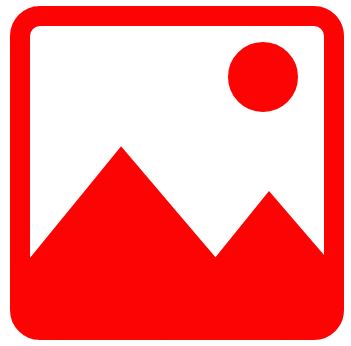
The 2025 GameSIG competition is CLOSED FOR SUBMISSIONS as of 11:59 PM PDT on April 20, 2025. The event itself will take place on Saturday, May 3, 2025 from 1:00 PM to 5:30 PM.
Actual game play for at least one game level must be demonstrated live during the event, which will be streamed via Discord and Twitch. Teams will have five minutes to show off their games, and then the judges will be given five minutes to provide questions and comments.
